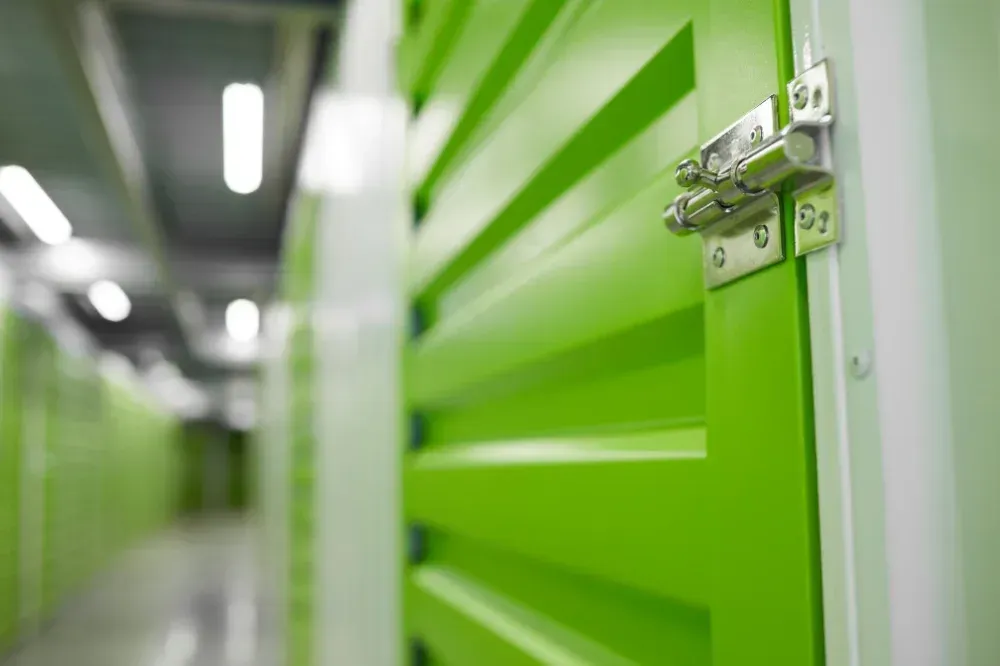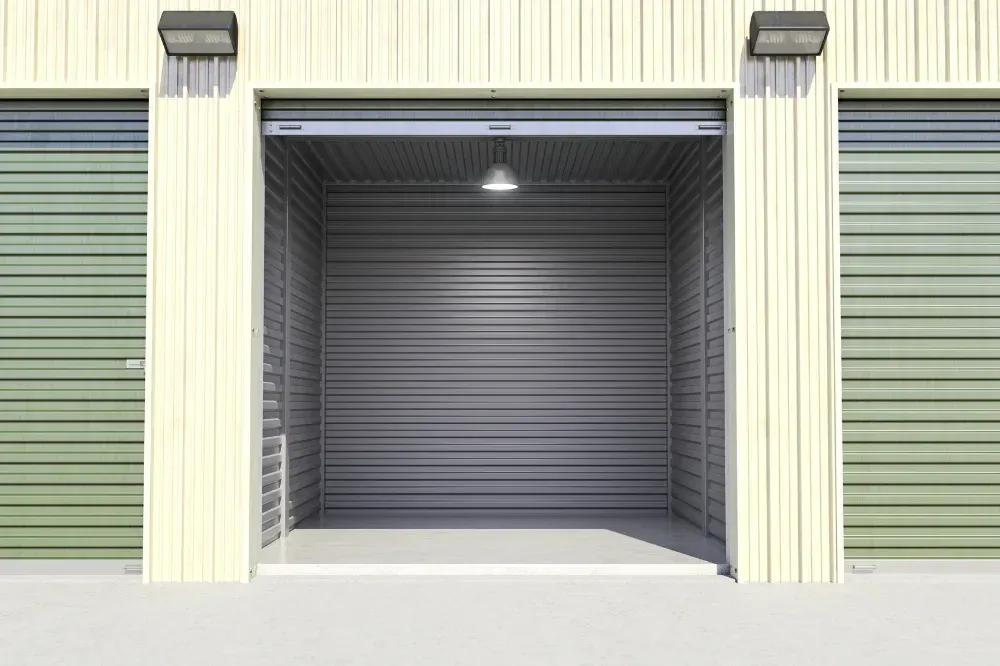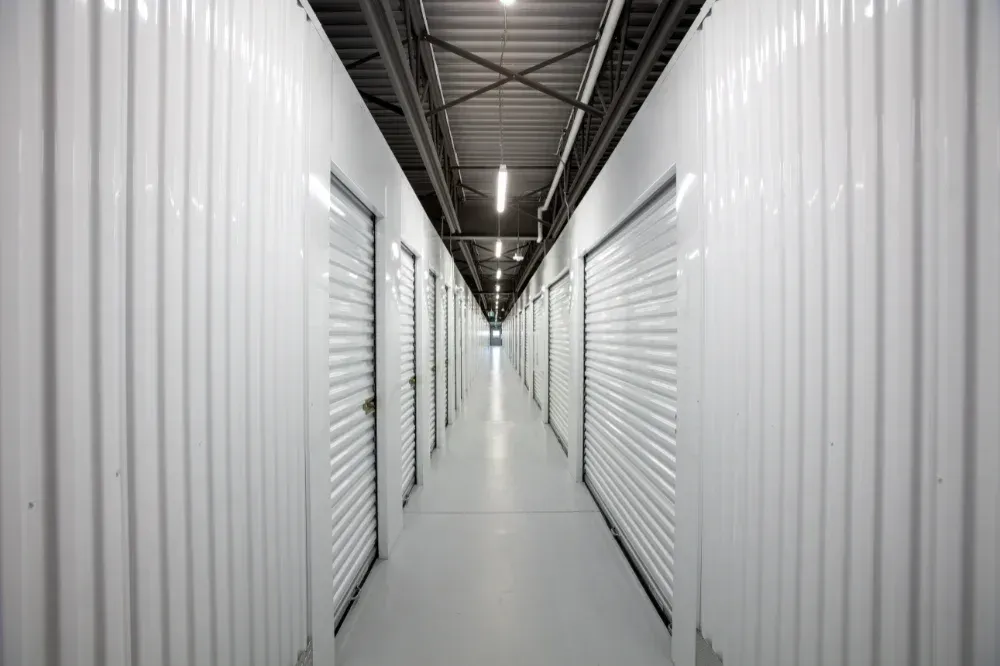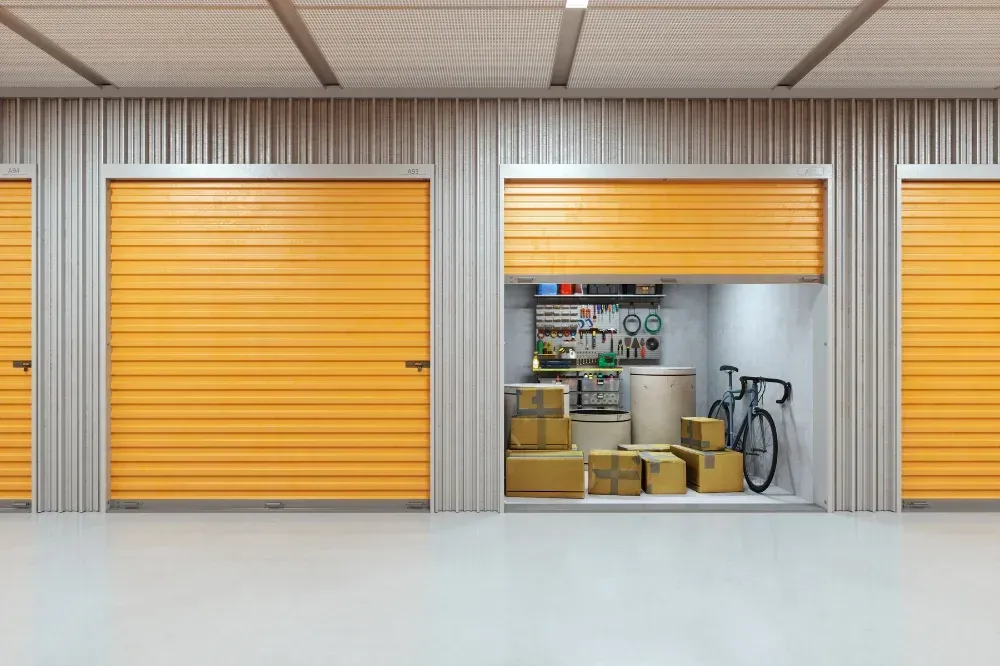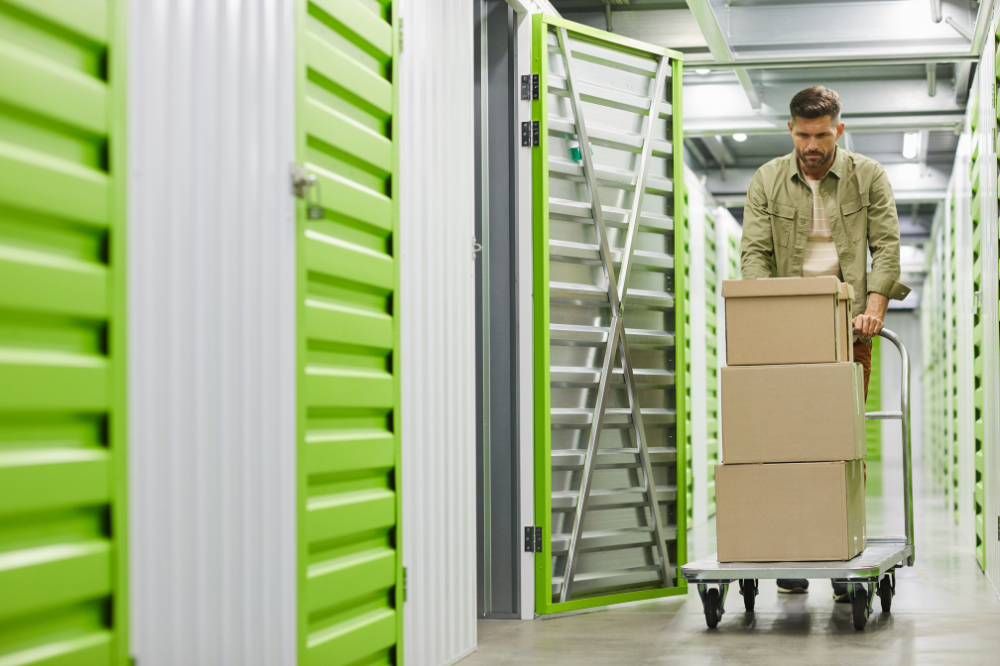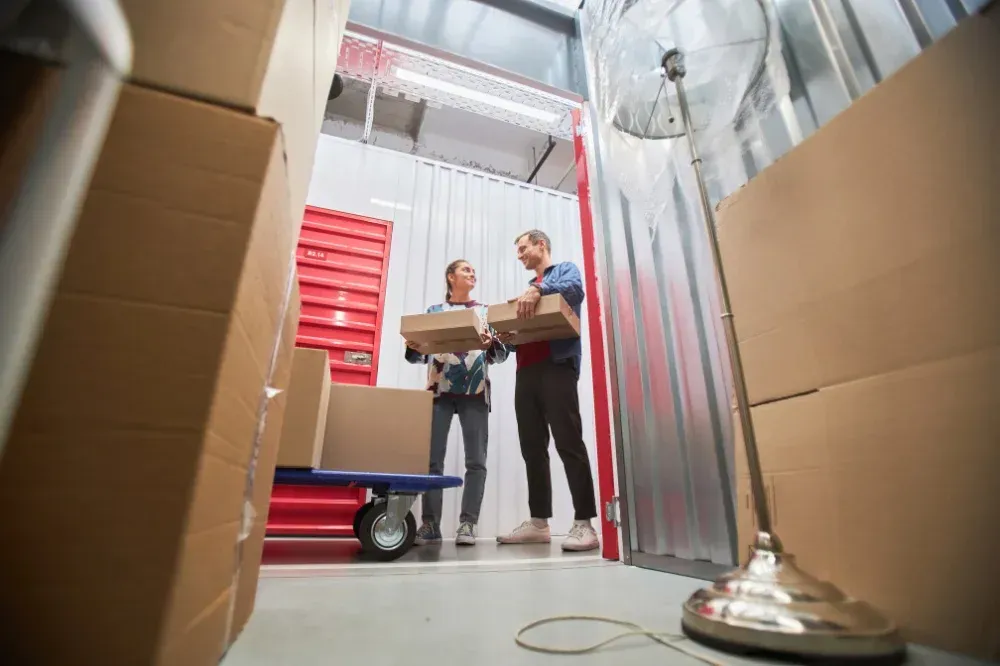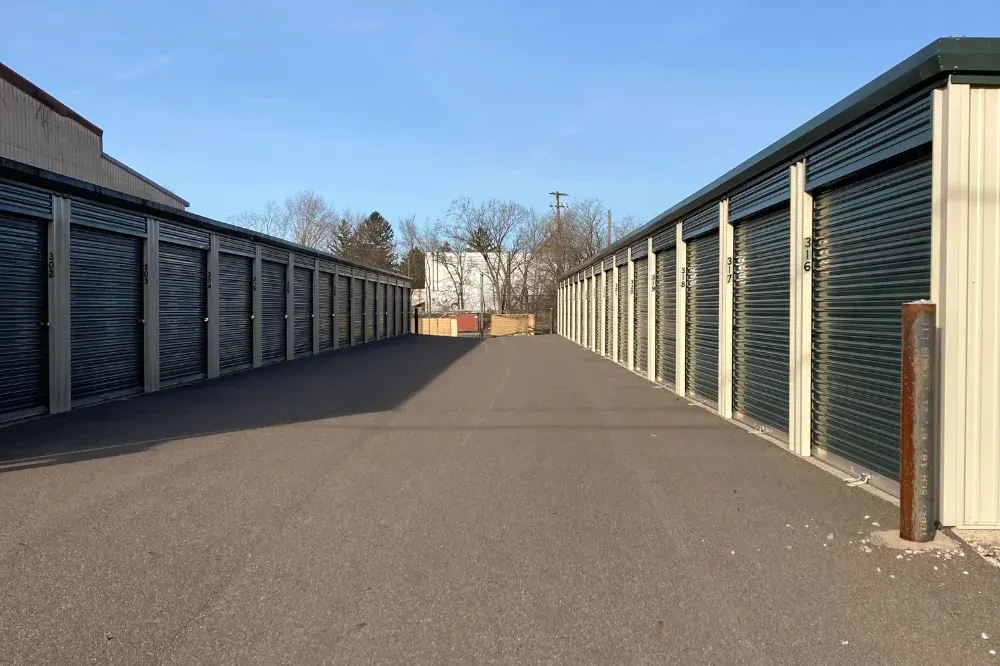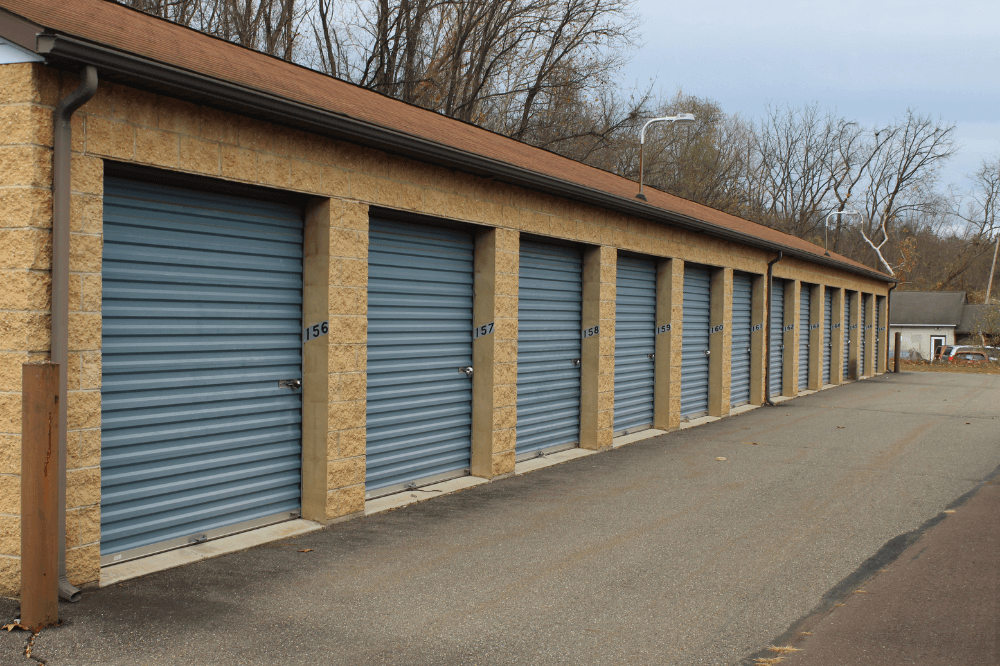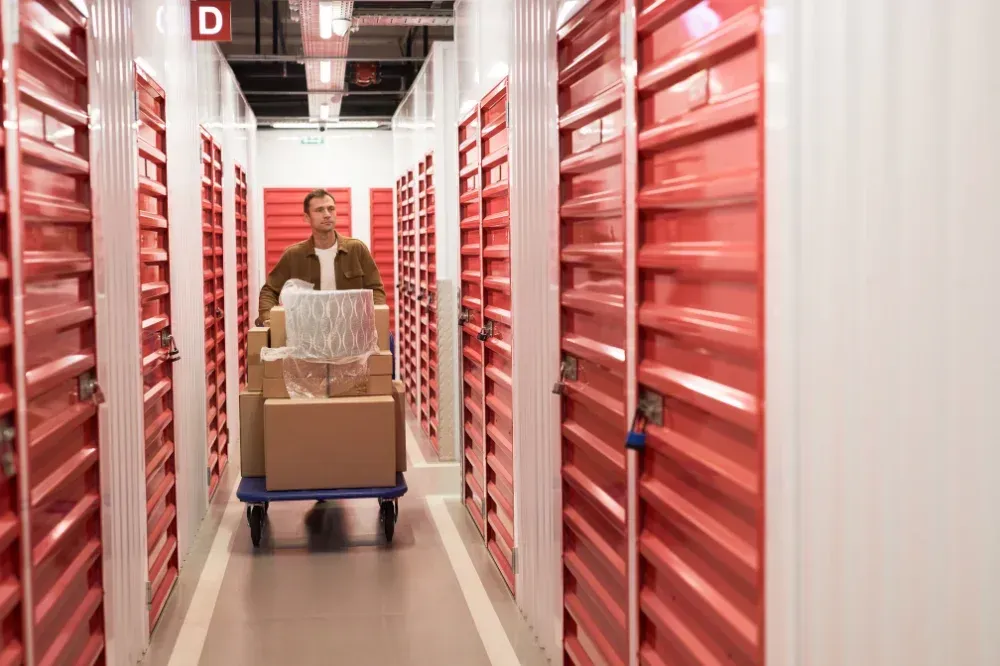Short-Term vs. Long-Term Storage: Which Option is Right for You?
Short-Term vs. Long-Term Storage: Which Option is Right for You?

Storage refers to the act of keeping belongings in a designated space, such as a storage unit, to free up room at home or office. People often need storage when they are moving, decluttering, or temporarily relocating their items.
The importance of choosing the right storage option
Choosing the right storage option ensures that your items are safe, easily accessible, and stored in a way that fits your needs and budget. The wrong choice can lead to inconvenience, extra costs, and potential damage to your belongings.
Understanding Short-Term Storage
Definition of short-term storage
Short-term storage is typically used for a temporary period, ranging from a few days to a few months. It’s ideal for those needing storage during life transitions, such as moving or renovations.
Common reasons for using short-term storage
People use short-term storage when they need to temporarily store items, such as while moving between homes, during a home renovation, or when traveling for extended periods. It can also be helpful for seasonal storage, such as keeping holiday decorations or summer gear.
Advantages of Short-Term Storage
Flexibility in rental terms
Short-term storage offers flexible rental periods, allowing customers to rent for as little or as long as needed. This flexibility makes it an ideal choice for those with unpredictable timelines.
Cost-effectiveness for temporary needs
For those who only need storage for a short while, this option is more affordable compared to long-term solutions. You’re only paying for the time you use, making it a budget-friendly choice.
Easy access to belongings
Short-term storage typically allows for easy access to your items, so you can retrieve or add things as needed, without long-term commitments or restrictions. This makes it a practical solution for people with frequently changing needs.
Disadvantages of Short-Term Storage
Higher costs per month compared to long-term storage
While short-term storage is convenient, it tends to have a higher monthly rental fee than long-term options. The flexibility and temporary nature often come with a premium price.
Less security in some cases
Some short-term storage facilities may not offer the same level of security as long-term ones. While most facilities provide basic security, higher-end features like advanced surveillance or climate control may be more common in long-term storage.
Understanding Long-Term Storage
Definition of long-term storage
Long-term storage refers to keeping items in a secure location for extended periods, typically over several months or years. It is suitable for individuals who need a permanent or semi-permanent solution to store belongings.
When long-term storage is the best option
Long-term storage is ideal for people who are decluttering, storing seasonal items, or need to keep items in a safe place for an extended time, such as during a move abroad, while traveling for work, or when storing valuable possessions that aren’t frequently accessed. It’s also beneficial for businesses or individuals with inventory or equipment that doesn’t require regular access.
Advantages of Long-Term Storage
Lower monthly costs
Long-term storage typically offers lower monthly rental rates compared to short-term storage. If you need storage for an extended period, the cost savings can be significant.
Better security and climate control options
Many long-term storage facilities provide enhanced security measures, including 24/7 surveillance, gated access, and advanced alarm systems. Additionally, climate-controlled units help protect sensitive items, such as electronics, antiques, and important documents, from extreme temperature fluctuations.
Ideal for business storage and seasonal items
Long-term storage is an excellent choice for businesses that need to store inventory, equipment, or records for extended periods. It's also perfect for storing seasonal items like holiday decorations, camping gear, or winter clothing.
Disadvantages of Long-Term Storage
Limited access to stored items
While long-term storage is cost-effective, it may come with more restrictions on access to your belongings. You may have limited access hours, or retrieving items could become inconvenient if they are packed away for extended periods.
Potential for long-term costs to add up
Though the monthly cost is lower, the overall expense of long-term storage can add up over time. If you no longer need the space but continue to pay for it, these costs can become a financial burden.
Factors to Consider When Choosing Between Short-Term and Long-Term Storage
Duration of storage needs
The length of time you need storage is one of the primary factors in deciding which option is best. Short-term storage works well for temporary needs, while long-term storage is more suited for extended durations.
Budget considerations
Your budget plays a significant role in your decision. Short-term storage may be more expensive on a monthly basis, but if you only need it for a brief period, it could still be more cost-effective overall. Long-term storage offers a lower monthly rate but requires a longer commitment.
Accessibility requirements
If you need frequent access to your belongings, short-term storage might be the better choice, as it usually allows more flexibility. For those who don’t need regular access, long-term storage may be suitable, though access could be more limited.
Security and climate control
Consider the value and sensitivity of the items you're storing. If you have valuable or fragile items, long-term storage with enhanced security and climate control may be the safer choice. However, short-term storage might be sufficient for items that are less sensitive.
Cost Comparison: Short-Term vs. Long-Term Storage
How pricing structures differ
The pricing structures for short-term and long-term storage differ significantly. Short-term storage often charges on a monthly or weekly basis, and the rates are typically higher due to its flexible rental periods. Long-term storage, on the other hand, usually offers discounted rates for extended rentals, often calculated monthly but with a more favorable overall cost for those committing for several months or years.
Hidden costs to watch out for
Both short-term and long-term storage may come with hidden fees. For short-term storage, you may encounter additional charges for access outside of regular hours, late payments, or administrative fees. For long-term storage, hidden costs might include insurance fees, additional charges for climate-controlled units, or costs related to accessing your items, particularly if they’re stored in a less accessible location.
Security and Maintenance Considerations
The importance of secure storage units
Whether you choose short-term or long-term storage, ensuring that the facility offers top-notch security is essential. Look for storage units with 24/7 surveillance, gated entry, individual unit alarms, and adequate lighting to prevent unauthorized access. For high-value items, security becomes even more critical, and it’s worth investing in a facility that provides enhanced features.
How maintenance and cleanliness differ in short-term vs. long-term storage
Short-term storage units may be cleaned and maintained less frequently, as the units are typically used for brief durations. However, for long-term storage, you’re more likely to find that facilities focus on regular upkeep, such as pest control, deep cleaning, and maintenance of climate-controlled environments. This is especially important if you’re storing sensitive items for an extended period, as consistent maintenance can prevent potential damage.
Ideal Use Cases for Short-Term Storage
Moving and relocation
Short-term storage is perfect for individuals who are in the process of moving. Whether you're waiting for the closing date of a new home or need to store items while transitioning between locations, short-term storage offers the flexibility needed during this temporary phase.
Temporary travel and work assignments
For people traveling for business or personal reasons, short-term storage provides an ideal solution for safely storing belongings while away. This is especially helpful for individuals on extended work assignments who need a place for their things but don’t want to leave them unattended at home.
Home renovations
When undertaking home renovations, you might need a secure place to store furniture, decor, or equipment. Short-term storage is a convenient option to keep items safe and out of the way until the project is complete, making it easier to work in your home without clutter or distractions.
Ideal Use Cases for Long-Term Storage
Storing business inventory
Long-term storage is an excellent solution for businesses that need a secure place to store excess inventory, equipment, or supplies. It ensures that these items are safely kept for long periods without cluttering your office or retail space, making them easy to access when needed.
Keeping seasonal decorations and equipment
Seasonal decorations, such as holiday ornaments, or outdoor equipment like camping gear, snow gear, and gardening tools, can be bulky and take up valuable space at home. Long-term storage is a convenient way to store these items when they are not in use, keeping your home organized year-round.
Preserving sentimental items and valuables
For items that hold sentimental value, such as family heirlooms, artwork, or important documents, long-term storage provides a safe, controlled environment. It can protect these valuables from potential damage while ensuring they remain accessible when needed for special occasions or personal reflection.
Tips for Maximizing Storage Efficiency
Organizing and labeling your items
To make the most of your storage space, organize your items in a logical and efficient manner. Group similar items together and label each box or container clearly. This makes it easier to locate things when you need them and ensures that everything is packed safely.
Using protective packaging and climate control
Consider using protective packaging materials like bubble wrap, shrink wrap, or sturdy boxes for fragile items. If you're storing valuable or sensitive belongings, such as electronics, furniture, or documents, opt for climate-controlled storage to prevent damage from temperature fluctuations and humidity.
Reviewing storage needs periodically
As your needs change, it’s important to periodically review your storage situation. If you no longer require certain items or need more space, reassess your storage requirements and make adjustments. This helps avoid unnecessary costs and ensures that your storage space is being utilized effectively.
Conclusion
Final thoughts on choosing between short-term and long-term storage
Ultimately, choosing between short-term and long-term storage depends on your unique needs and circumstances. Short-term storage is ideal for temporary situations like moving, traveling, or home renovations, while long-term storage is best suited for those with ongoing needs, such as storing business inventory, seasonal items, or sentimental valuables. By considering factors such as duration, budget, accessibility, and security, you can select the right option to suit your storage requirements and ensure that your belongings are safe and easily accessible.
FAQs
1. What is the main difference between short-term and long-term storage?
Short-term storage is for temporary needs (weeks/months), while long-term storage is for extended periods (six months or more).
2. Is long-term storage cheaper than short-term storage?
Yes, long-term storage usually has a lower monthly rate but requires a longer commitment.
3. Can I switch from short-term to long-term storage later?
Most facilities allow you to extend your storage rental if needed.
4. How do I ensure my belongings stay safe in storage?
Choose a facility with good security, climate control, and proper packaging.
5. What is the best storage option for businesses?
Long-term storage is ideal for businesses that need space for inventory, documents, or equipment.

